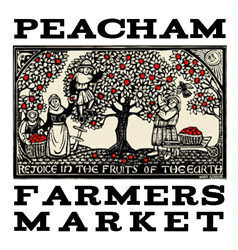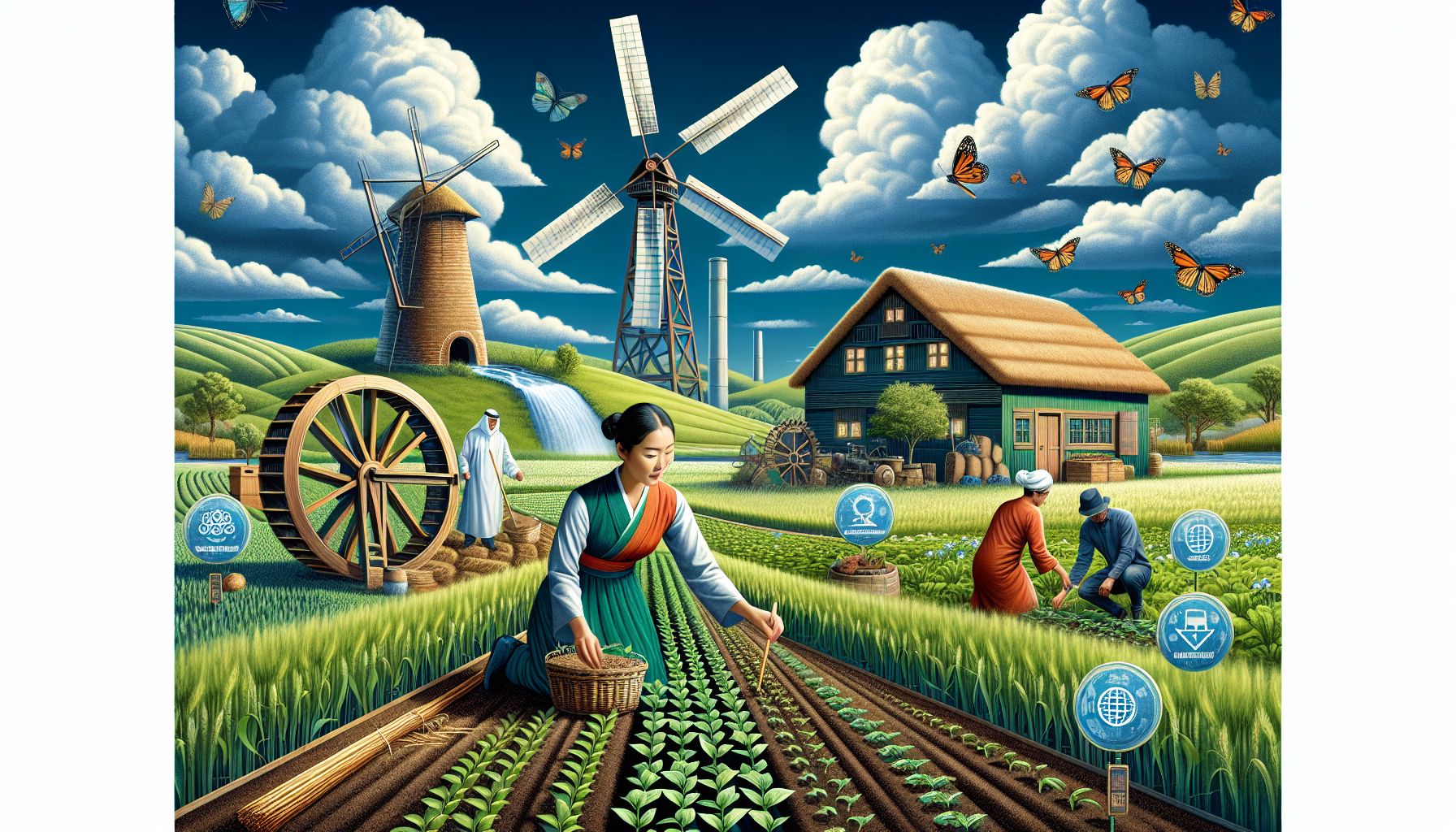Farming has been an essential part of human civilization for thousands of years, providing us with food, fuel, and fiber. It has shaped economies, cultures, and ecosystems, playing a crucial role in our survival and development as a species. However, with the rise of industrialization and the population explosion, modern farming practices have come under scrutiny for their impact on the environment. This has given rise to the latest trends in sustainable agriculture, aiming to minimize the ecological footprint and promote a healthier, more diverse farming system. So let’s delve deeper into the world of farming and its emerging practices that are sowing the seeds for sustainable living.
One of the latest trends in sustainable farming practices is regenerative agriculture. It focuses on building and restoring soil health, using natural processes to improve soil fertility and increase biodiversity. This approach relies on techniques like cover cropping, mulching, and composting, which significantly reduce the use of chemical fertilizers and pesticides. It also promotes crop rotation, where different types of crops are grown in succession to maintain the soil’s health and prevent the buildup of pests and disease. The result? Improved soil quality, higher crop yields, and reduced environmental impact.
In addition to sustainable farming techniques, technology also plays a vital role in modern agriculture. Smart farming, or precision agriculture, uses data and technology to optimize farming operations and increase efficiency. Sensors, drones, and big data analytics provide farmers with real-time information on weather conditions, soil quality, and crop growth, enabling them to make more informed decisions and reduce waste. This technology also helps reduce water and fertilizer use, making it a sustainable approach to farming.
However, despite these advancements, modern farming still faces significant challenges. Climate change, urbanization, and the shrinking farmer population are some of the major issues that farmers have to contend with. Climate change has led to unpredictable weather patterns, making it challenging to plan and manage crops effectively. Urbanization has also led to the decline of traditional farming communities, making it harder for farmers to pass down their knowledge and techniques to the younger generation. And with the average age of farmers being over 55, the farming workforce is rapidly declining, and the gap between supply and demand for food is growing.
Moreover, the impact of farming on the environment cannot be overlooked. Intensive farming practices, such as monoculture and the excessive use of chemical fertilizers and pesticides, have led to soil degradation, water pollution, and biodiversity loss. This has resulted in a negative impact not only on the environment but also on human health. However, with the rise of sustainable farming practices, there is hope for a more eco-friendly and ethical approach to farming.
So what does the future hold for farming? As the demand for sustainable and ethically produced food continues to increase, we can expect to see more farmers adopting sustainable practices. From regenerative agriculture to vertical farming and hydroponics, there are a variety of techniques and technologies emerging that could revolutionize the way we produce food. This shift towards sustainable farming is not only beneficial for the planet but also for farmers, who can reduce their costs and increase their profits.
In conclusion, farming has come a long way, from traditional farming practices to modern sustainable techniques. As we move towards a more sustainable and environmentally conscious future, it is vital to support and promote sustainable farming practices to ensure the well-being of both the planet and its people. So let us continue to sow the seeds for sustainable living through our farming practices. Together, we can create a brighter and greener future.

